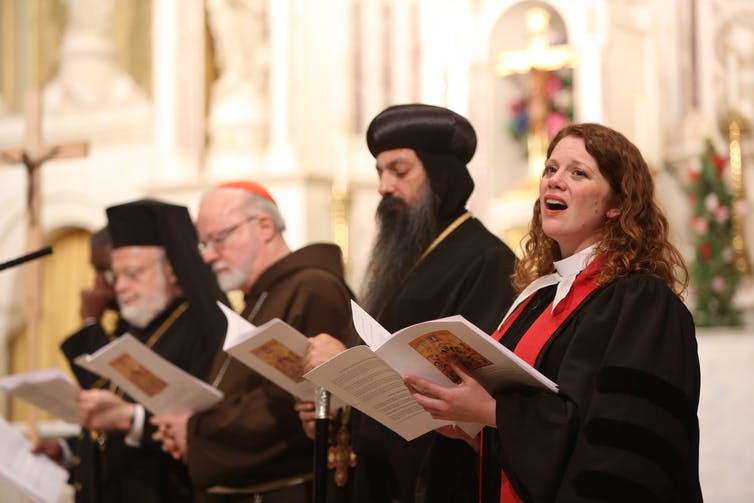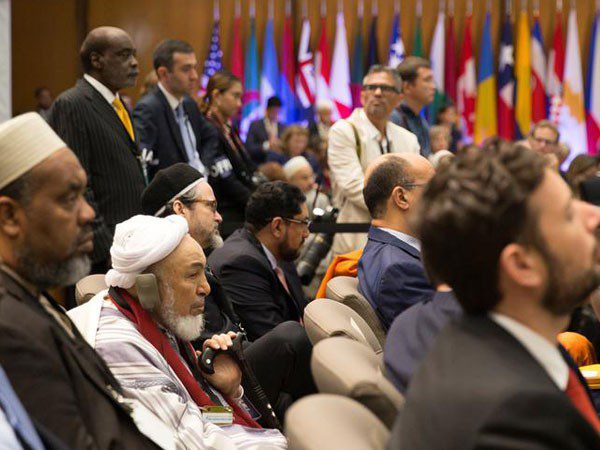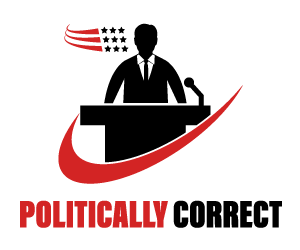The Connection Between Politics And Religion
Globally, major religious leaders and bodies have attained a level of political significance. Similarly, religion has prompted a lot of global events. There are cases of various dreadful terrorist acts. Then, the altruistic reactions that welcomed the refugee crisis. This text will examine how religious principles and leaders affect politics globally in a rather complicated manner.


The political world has been immensely affected by religion, beliefs, and figureheads so much that it has now become an issue trying to delineate religion from certain important political decisions. Why is that so?
Religion and Political Allegiance
Religious beliefs often strongly influence people’s political allegiance. This situation is similar in any part of the world. For instance, Islam has continued to be a determining factor in the politics of Arab countries. Most times, the eventual winner of a political election in these countries can be determined by a single statement made by a respected religious leader. This is quite a level of dependency. Therefore, it is unavoidable that religious loyalties will occasionally clash with the political demands of such a nation.


Religious Segregations and Politics
There has been a rising concern as regards minority religious groups and their political rights. This rising concern has led to a predictable end. Instead of political segregations based on ethnicity, wealth, or gender, religious segregation has been given more attention. Most countries will consider the concerns and needs of these minority religious groups more important.
The connection between politics and religion remains a vital discussion in global spheres. And regardless of what you know about the right to freedom of conscience, there is still a complicated situation presently.
